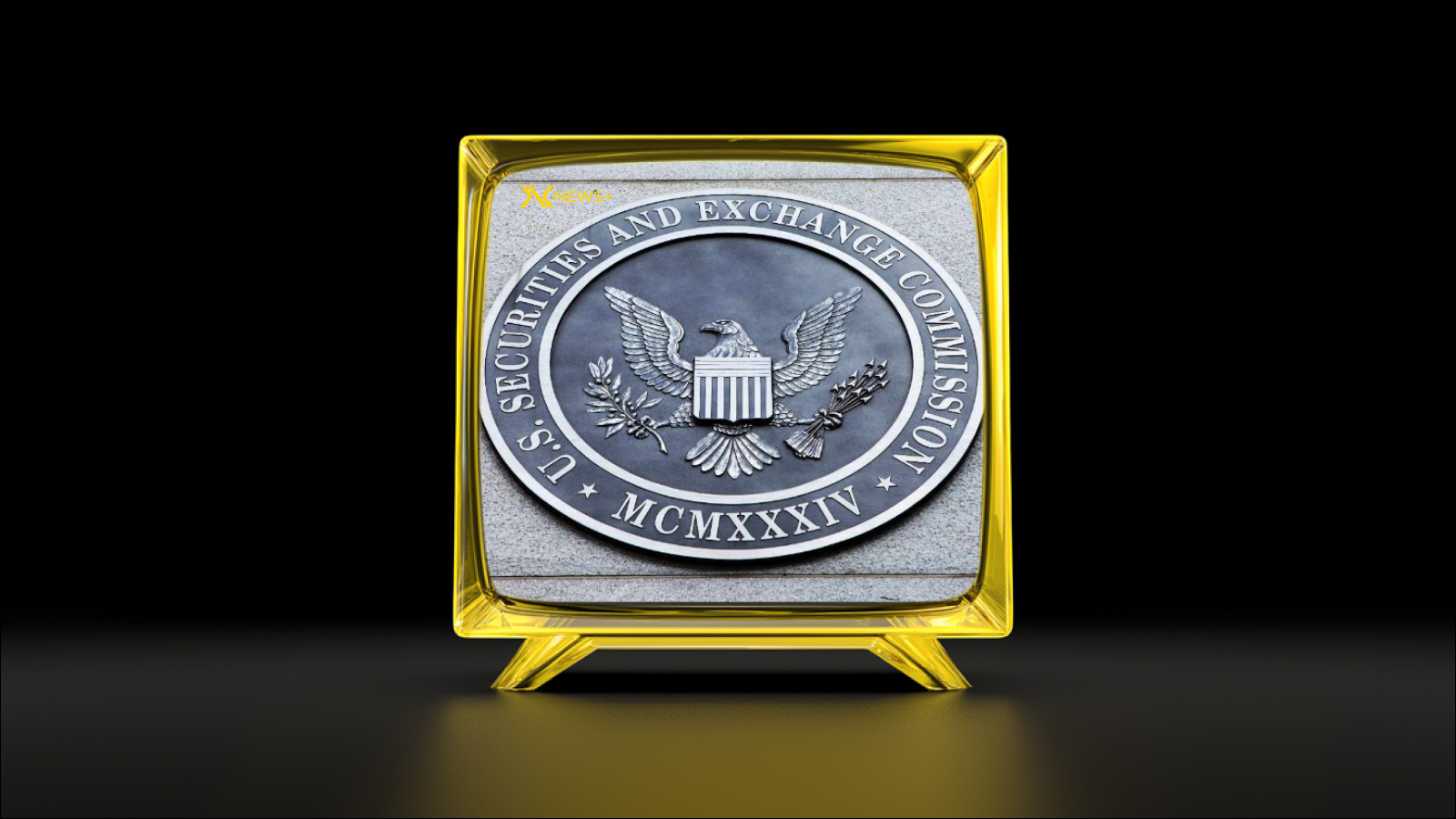Explore the case involving the SEC and Coinbase, its implications for the crypto industry, and insights from the court’s request.
The ongoing dialogue between the U.S. Securities and Exchange Commission (SEC) and cryptocurrency entities is a focal point of discussions in the financial and technological sectors. Recent events, particularly the court’s directive for the SEC to clarify its reasons for denying Coinbase’s crypto proposal, have amplified scrutiny and interest within the industry. This situation not only casts a spotlight on Coinbase but also raises broader questions regarding regulation and compliance in the fast-evolving world of cryptocurrency. As the SEC continues to navigate its approach to digital assets, the implications of this case may shape the future of regulatory frameworks affecting crypto ventures across the nation.
The case concerning Coinbase and the SEC’s denial of its crypto proposal has drawn significant attention, as it embodies the ongoing tension between regulatory agencies and innovative technology platforms. Coinbase, a well-known cryptocurrency exchange, sought to introduce a program that would allow users to earn rewards through their digital assets. However, the SEC, which is tasked with maintaining stability and transparency in the financial markets, rejected this request, citing concerns over compliance and potential risks associated with the crypto assets involved.
This rejection is not merely a bureaucratic decision; it reflects deeper issues regarding regulatory clarity in the crypto space. Cryptocurrency has exploded in popularity, yet the legal framework surrounding it remains largely undefined. Many believe that without a definitive structure, innovations within the sector are stifled, creating a paradox where regulatory bodies aim to protect consumers while simultaneously hampering progress.
The SEC’s decision has implications that could resonate beyond just Coinbase. The outcome of this case may set a precedent for how crypto initiatives are evaluated moving forward, impacting not only existing platforms but also potential future innovations within the digital asset landscape.
Furthermore, the court’s intervention adds another layer to the story, emphasizing the judiciary’s role in interpreting and assessing the claims made by regulatory bodies like the SEC. It is a pivotal moment that could either reinforce the SEC’s authority or challenge its current stance on crypto regulations.
The Court’s Request to the SEC
In a significant development for the cryptocurrency sector, the court has issued a mandate to the SEC, seeking a detailed explanation for its rejection of Coinbase’s request regarding the regulatory landscape for digital assets. This request underscores the growing tension between crypto exchanges and regulatory bodies, particularly the Crypto SEC relationship. The court demands clarity on the reasons behind the SEC’s decision, which many in the industry perceive as opaque and lacking in clear guidelines.
This request not only reflects the judiciary’s increasing scrutiny of regulatory actions but also holds the potential to reshape how the SEC engages with the crypto community. The court’s inquiry aims to delve deeper into the framework that governs digital currencies, which often appears inconsistent and confusing among market participants.
Furthermore, the outcome of this directive could signal a shift in how regulatory bodies approach technological innovations within the finance sector. Stakeholders are keen to understand how the SEC plans to respond to the court’s inquiry, as this may pave the way for more transparent and accessible regulations within the Crypto environment.
As the court awaits the SEC’s response, industry experts are speculating on the implications this could have for other cryptocurrency firms and their interactions with federal authorities. Should the SEC’s explanation lack sufficient depth, it could spur further legal challenges and calls for reform in the regulatory approach to crypto assets.
In response to the court’s inquiry, Coinbase has reinforced its commitment to transparency and regulatory compliance in the ever-evolving crypto landscape. The company argues that the Crypto SEC regulatory framework remains inconsistent, which hampers innovation and investor confidence. Coinbase believes that a clearer regulatory environment is essential not only for its operations but also for the broader crypto industry.
Coinbase asserts that the rejection of its request by the SEC may lead to further regulatory confusion. They emphasize that such decisions should be well-articulated and transparent, allowing for a better understanding of the regulatory landscape. The company’s stance is that collaboration between regulators and industry players is necessary to achieve a constructive and sustainable future for crypto.
Moreover, Coinbase is advocating for a more defined regulatory approach that would level the playing field for all crypto entities, ensuring fairness and clarity. The company communicates its willingness to engage in constructive dialogues with the SEC and to provide insights from the industry that could inform regulatory considerations.
Coinbase’s position is rooted in the belief that regulations should evolve in tandem with technological advancements. This evolution is vital for protecting consumers while fostering innovation in the crypto space.
Potential Impact on the Crypto Industry
The ongoing legal developments surrounding the SEC’s rejection of Coinbase’s crypto request could have far-reaching consequences for the broader crypto industry. This case not only raises questions about regulatory clarity but also touches on issues of market confidence and innovation within the sector.
Firstly, the court’s demand for the SEC to justify its decision may lead to a shift in how regulations are formulated and enforced. If the SEC is compelled to provide a transparent rationale, it could pave the way for clearer guidelines for other crypto companies seeking to operate within a robust legal framework. This transparency would be beneficial to businesses and investors alike, potentially restoring confidence in the market.
Secondly, a favorable outcome for Coinbase could encourage more startups and established companies to pursue innovation in the crypto space, free from the shadow of regulatory uncertainty. This renewed interest might lead to the development of new products and services, ultimately broadening the market and attracting new investors.
Conversely, if the SEC’s stance is upheld without clarification or compromise, it could stifle innovation. A lack of clear regulations might lead to a chilling effect on crypto entrepreneurs, making them hesitant to invest in new projects or technologies. The resultant uncertainty could drive many businesses overseas, where regulatory environments may be more favorable, further complicating the landscape of the U.S. crypto industry.
The outcome of this case holds significant implications not only for Coinbase but for the overall trajectory of the crypto industry. As stakeholders await the SEC’s response, the industry is at a pivotal moment where regulatory decisions can either bolster its growth or impose constraints that limit its potential.
Conclusion
The recent demand from the U.S. court for the SEC to clarify its reasons for rejecting Coinbase’s request has intensified scrutiny on the regulatory landscape surrounding the crypto industry. This case not only highlights the ongoing tension between innovation in the crypto space and regulatory challenges but also sets a critical precedent for how similar requests might be handled in the future.
As more companies venture into the world of digital currencies, clarity and consistency in regulations will be paramount. The court’s ruling could prompt the SEC to reassess its approach, which may lead to a more favorable environment for crypto SEC interactions moving forward.
Moreover, this situation may inspire other firms to voice their concerns and seek transparency from regulatory bodies, ultimately fostering a constructive dialogue that could benefit the entire ecosystem. Stakeholders must stay informed and engaged as developments unfold, as the outcomes may significantly influence the future of digital assets.
The outcome of this case could have lasting implications not just for Coinbase but for the entire crypto industry, as it strives for a balance between compliance and innovation in an ever-evolving landscape.
Disclaimer
The information provided in this article is for informational purposes only and should not be considered legal or financial advice. The evolving landscape of the crypto industry involves complex regulations, and the stance of the SEC regarding crypto assets is subject to change. Readers are encouraged to conduct their own research and consult with a qualified professional before making any financial decisions related to cryptocurrencies. The authors of this article are not responsible for any losses or damages resulting from actions taken based on the content presented herein.
Frequently Asked Questions
What was the context of the U.S. Court’s request to the SEC?
The U.S. Court required the SEC to provide justification for its decision to reject Coinbase’s request for a regulatory framework, which raised concerns about the agency’s oversight of cryptocurrency markets.
Why did Coinbase submit its request to the SEC?
Coinbase submitted its request to seek regulatory clarity on how cryptocurrencies would be classified and regulated, aiming to ensure compliance and foster development in the cryptocurrency space.
What are potential implications of the Court’s decision for the SEC?
The Court’s demand could compel the SEC to reevaluate its regulatory approach to cryptocurrencies, potentially leading to clearer guidelines that benefit both market participants and regulators.
How might this ruling impact Coinbase’s operations?
Depending on the SEC’s response and any subsequent rulings, Coinbase may gain a clearer regulatory path forward or face increased challenges in its compliance efforts, which could impact its operations.
What concerns have been raised regarding the SEC’s approach to crypto regulation?
Critics argue that the SEC’s inconsistent application of regulations creates uncertainty in the market, which can stifle innovation and negatively affect investor protection.
What does this situation mean for other cryptocurrency companies?
This case may set a precedent for how other cryptocurrency companies engage with regulators and seek clarity on compliance, possibly leading to increased scrutiny and demands for regulatory transparency.
What are the next steps following the court’s demand for an SEC explanation?
The SEC is expected to respond to the Court’s request, and depending on their justification, further legal proceedings may follow, which could influence the regulatory landscape for the crypto industry.





